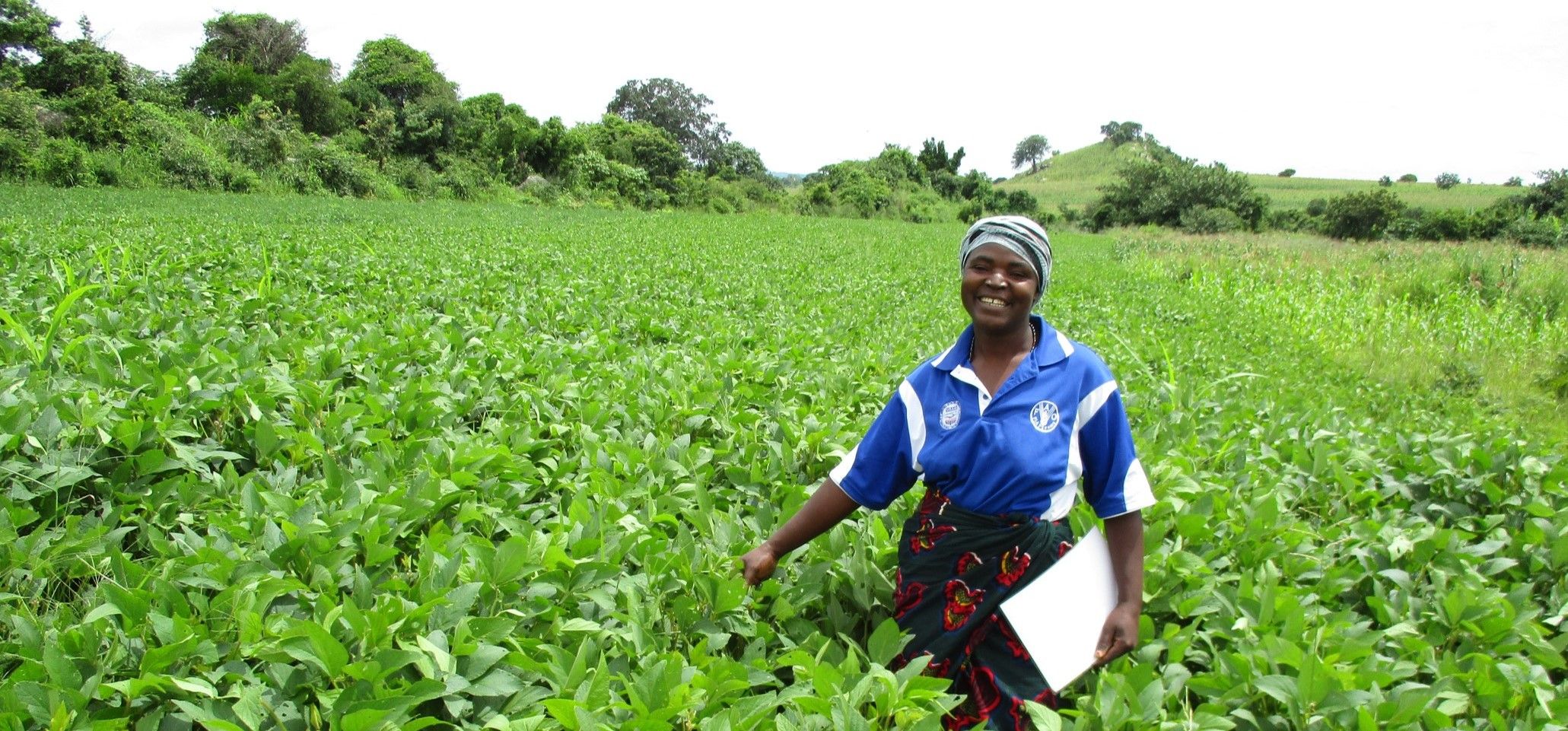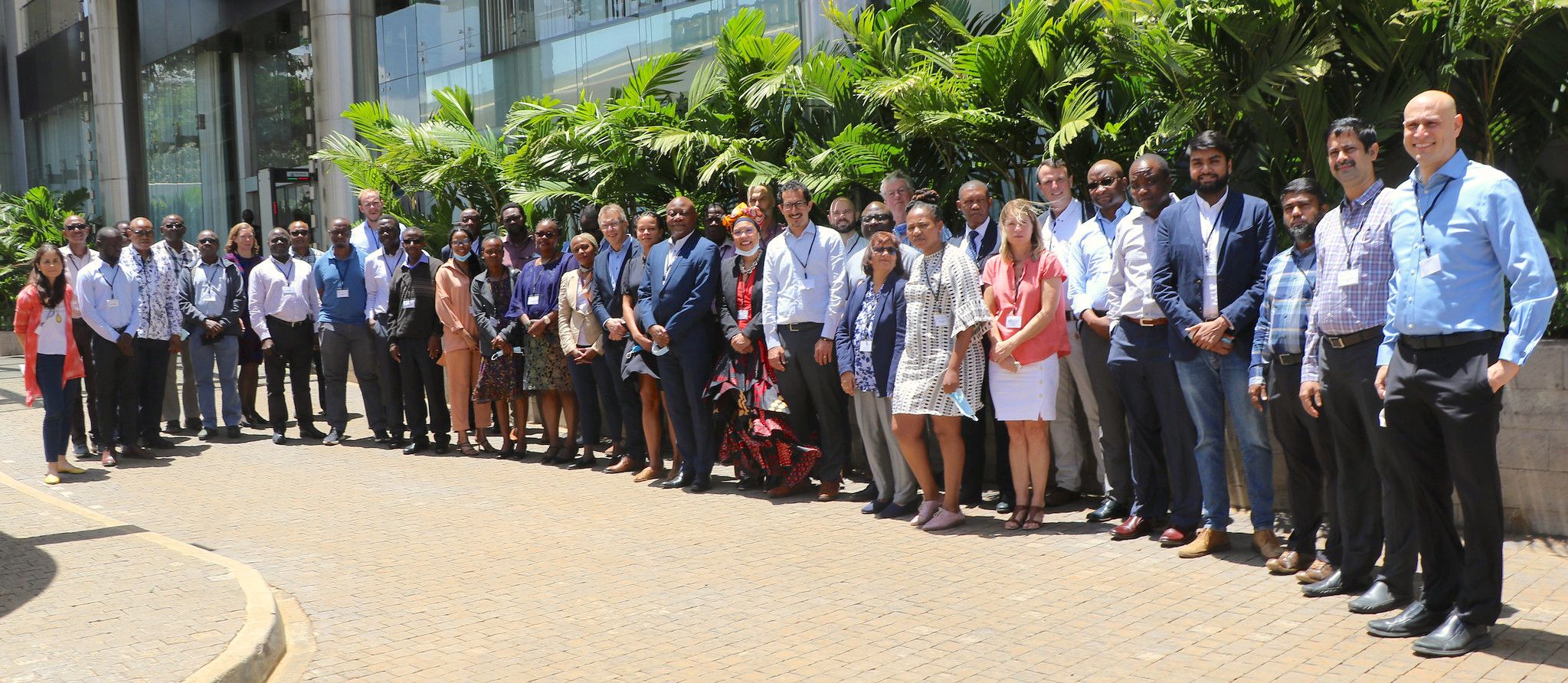CGIAR Initiative on Diversification in East and Southern Africa
East and Southern Africa is a climate hotspot, with more than US$45 billion in agricultural production at risk from higher temperatures, shorter growing seasons and more extreme droughts and floods. Maize, a staple crop covering up to 75% of cropland in parts of the region, is particularly vulnerable and is projected to face yield declines of 15%, among other climate impacts if no adaptation measures are taken. Many of the affected areas already have serious levels of hunger and malnutrition, with the highest burden experienced by women and youth from marginalized and vulnerable communities. If these systems are sustainably diversified, they can contribute to stabilizing regional and global agrifood systems.
The next decade will be critical for strengthening food, land and water systems in East and Southern Africa. The agribusiness ecosystem for both regions has been identified as a critical engine for agricultural and economic development, climate change adaptation and gender and youth empowerment. Investment in innovation, capabilities and supportive environments will be essential for driving sustainable growth.
Objective
This Initiative aims to support climate-resilient agriculture and livelihoods in 12 countries in East and Southern Africa by helping millions of smallholders intensify, diversify and reduce the risks in maize-based farming through improved extension services, small and medium enterprise development, supporting governance frameworks and increased investment with a gender and social inclusion lens.
Activities
This objective will be achieved through:
- Diversifying and sustainably intensifying production by assessing needs and options for the introduction of crops, livestock, mechanization and irrigation, applying innovations in value chains and building capacity while scaling to larger farming communities.
- Reducing risk and digitalizing value chains by co-designing and delivering “Innovation Package” bundles of digital agro-advisory systems and research management products — including mobile apps, TV programs and social media — to build resilience and improve productivity.
- Supporting and accelerating value chain business enablers in maize mixed systems by using CGIAR’s expertise and partner network to unlock access to funding, investment and tailored technical assistance.
- Promoting the governing and enabling of multifunctional landscapes for sustainable diversification and intensification with a focus on strengthening the evidence base for decision-makers.
- Empowering and engaging women and youth in agribusiness ecosystems by mapping challenges and opportunities to address gender and social inequality and applying inclusive and coordinated interventions for transformative change.
- Scaling innovations and coordinating CGIAR and partner activities in the region through a scaling hub that uses the “scaling readiness” approach to inform, activate and bring to scale innovations that respond to regional or country demand.


